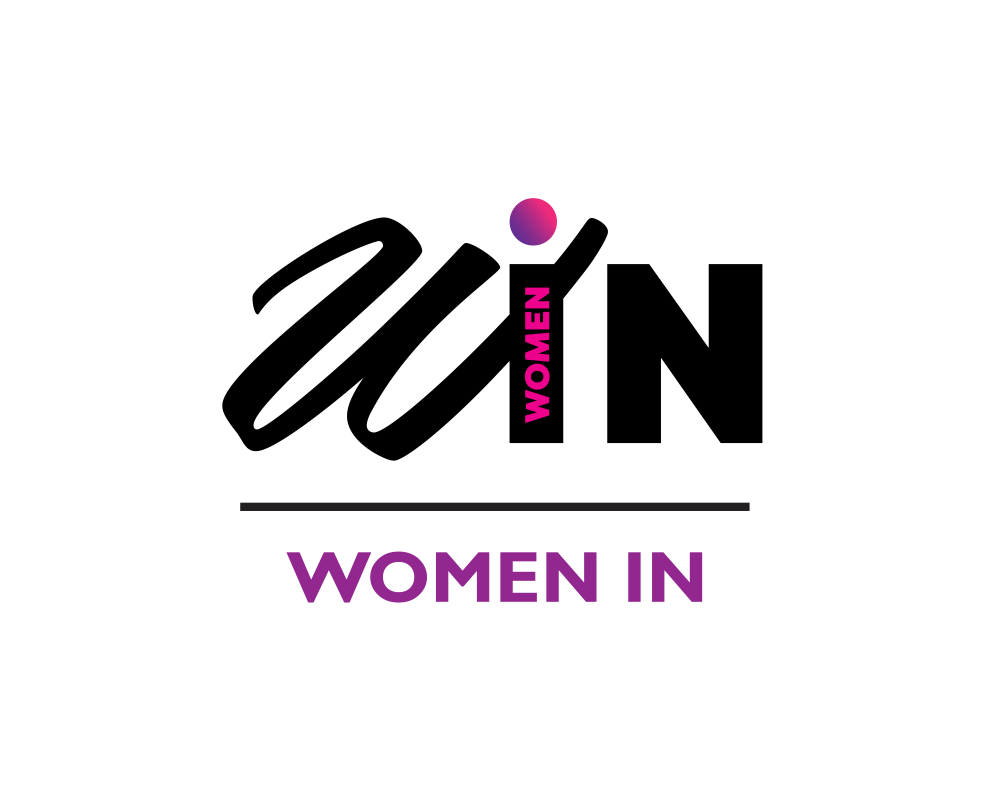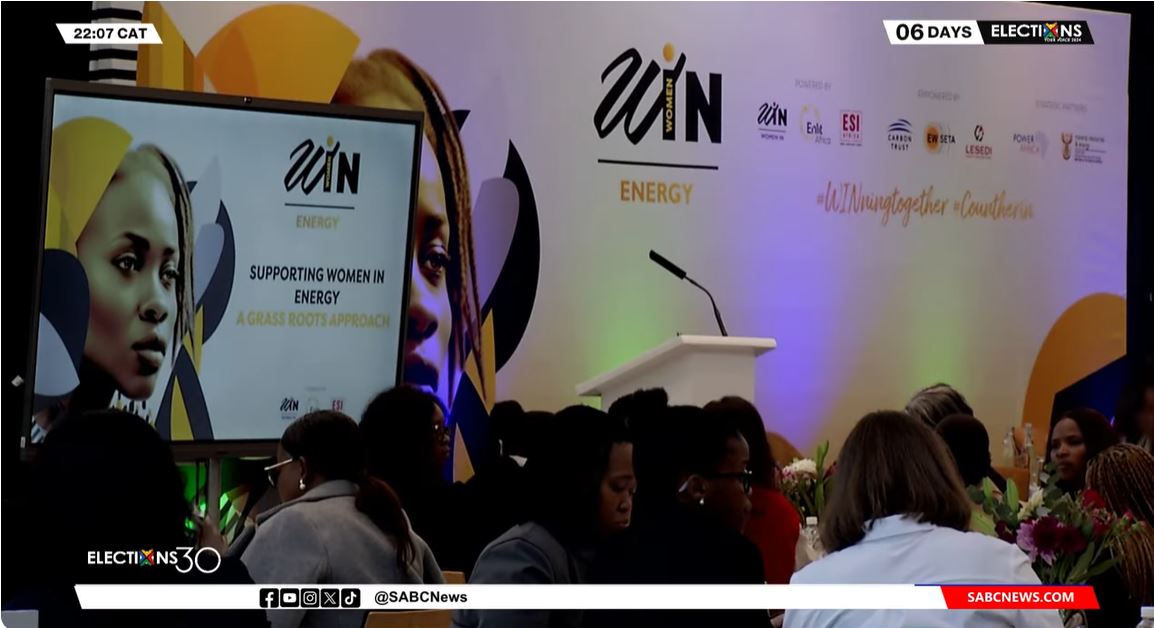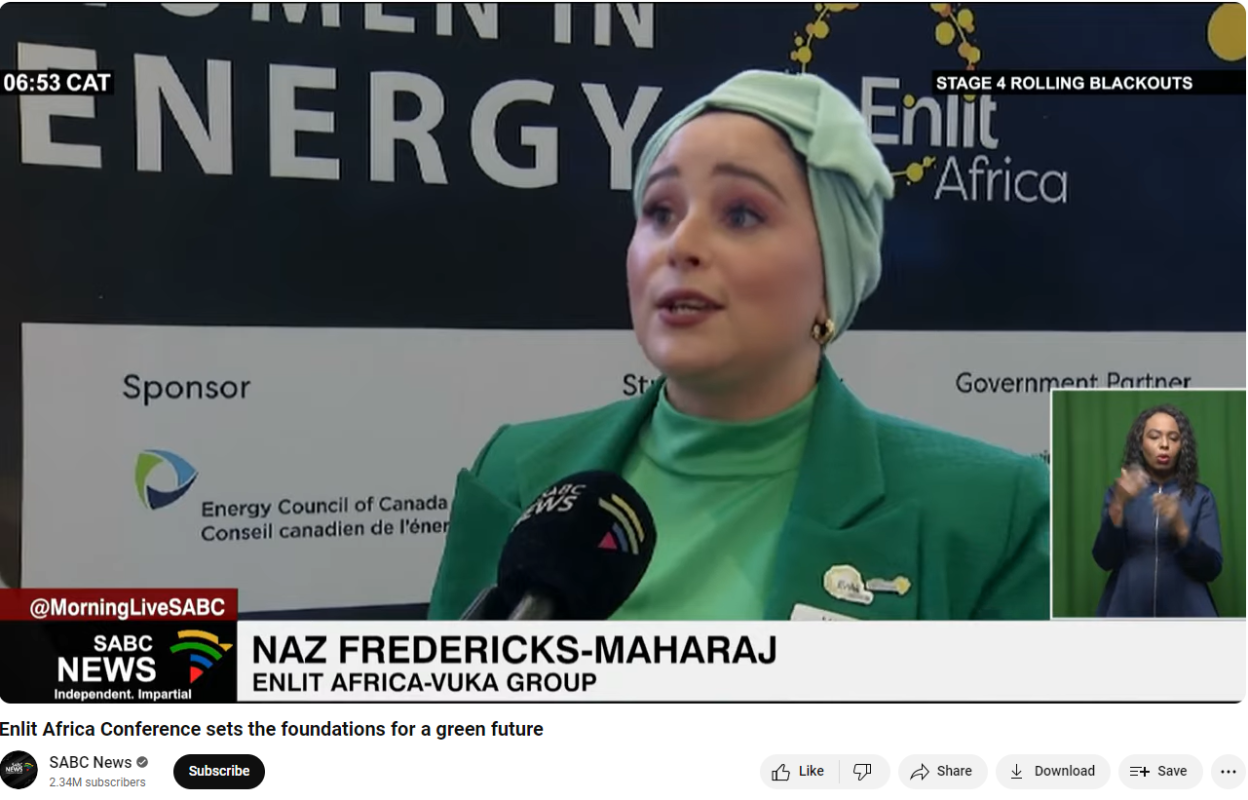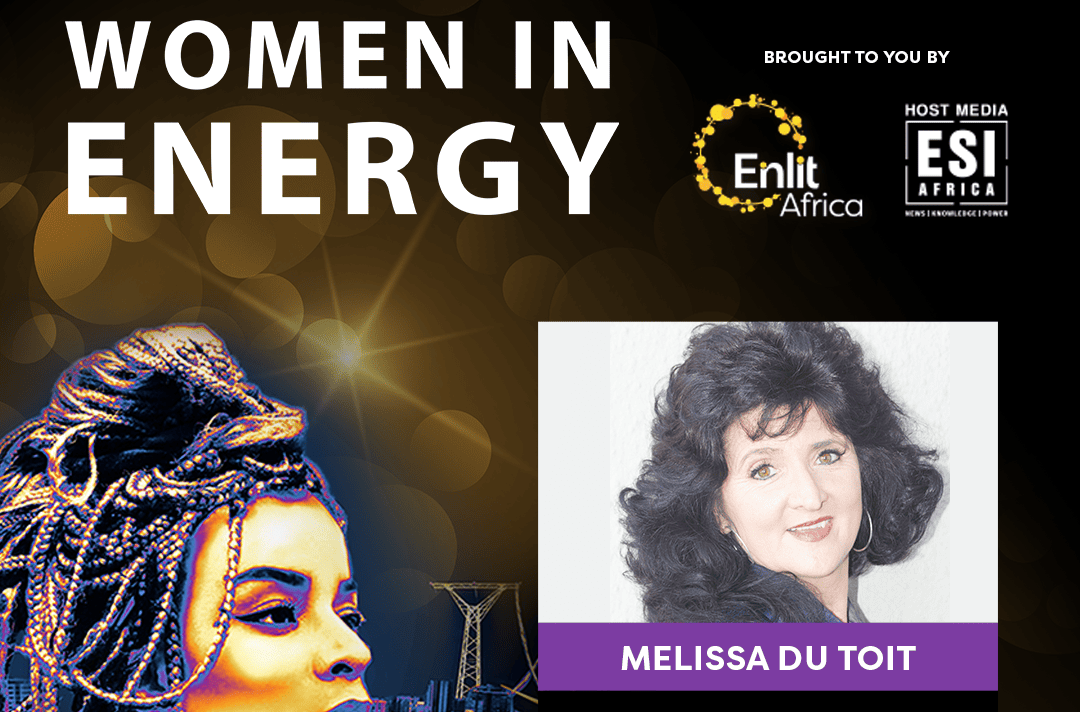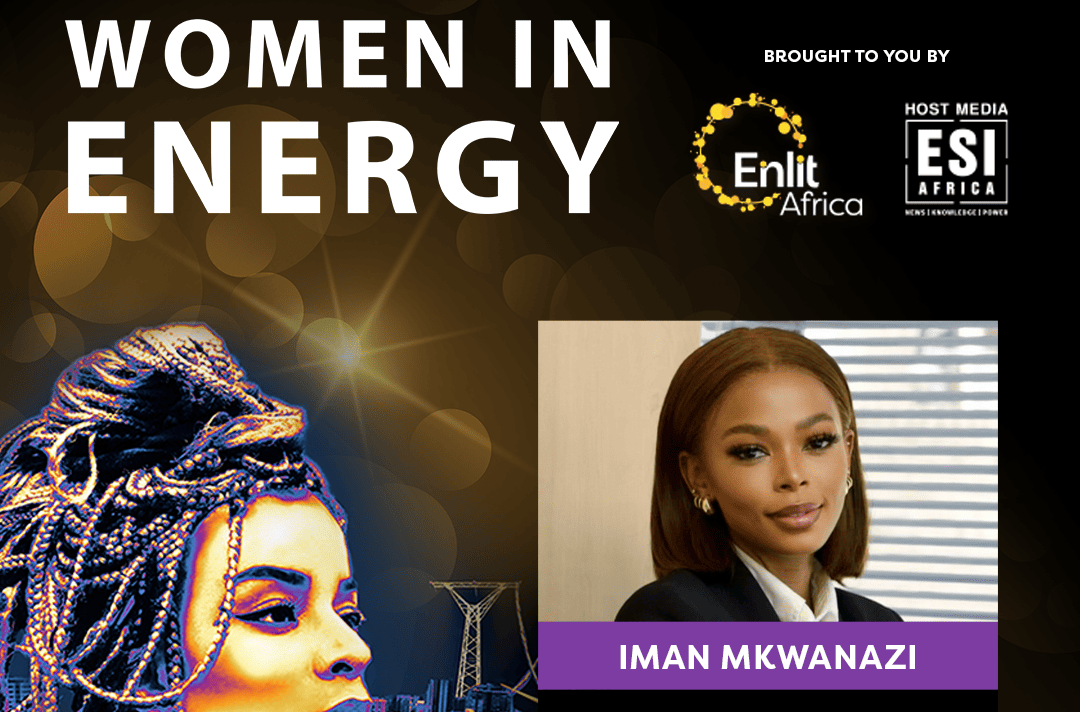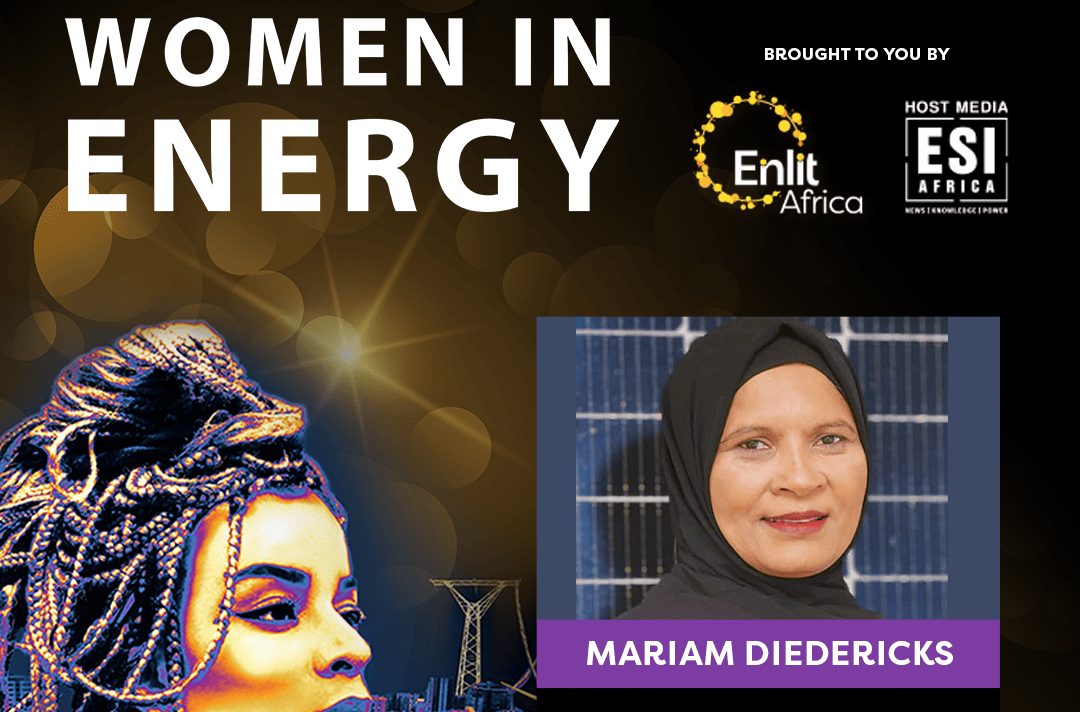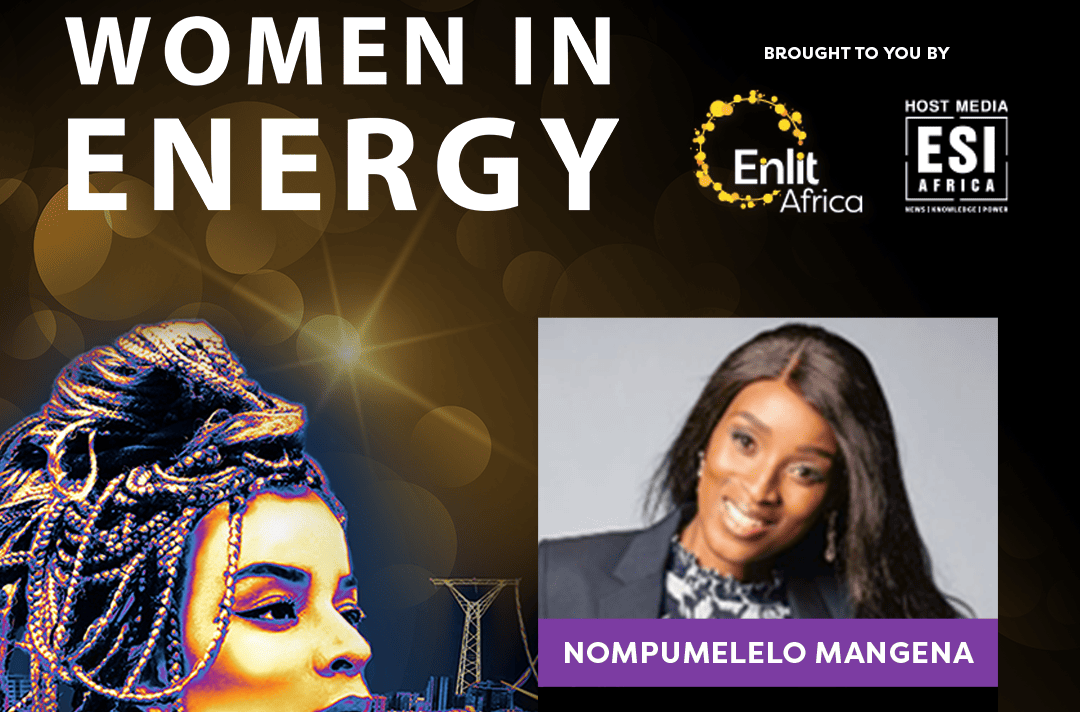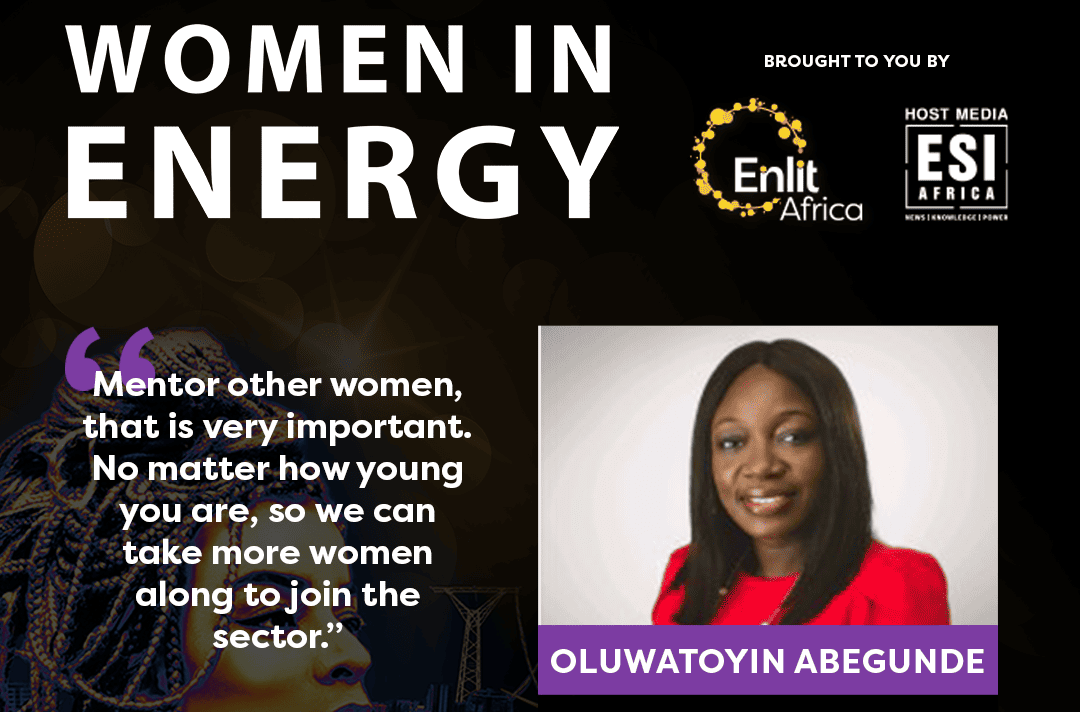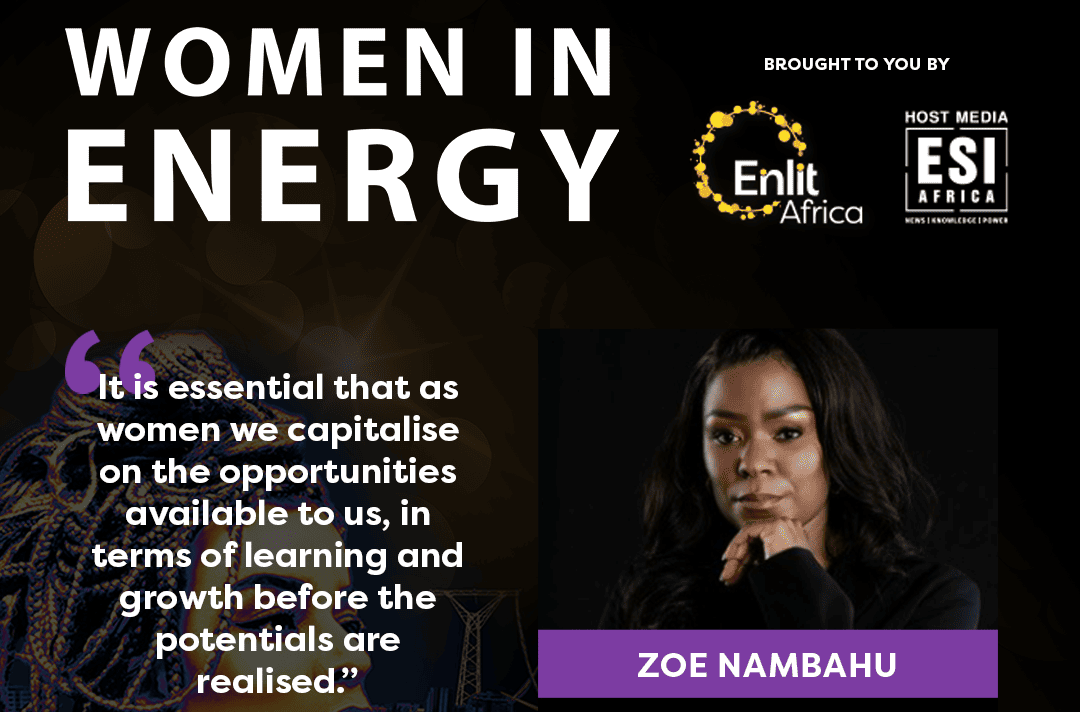Bio
Mariam Diedericks is a distinguished entrepreneur and esteemed figure within the flourishing Renewable Energy/Solar PV sector. Her professional journey commenced with a notable tenure of 14 years in the domains of Private and Retail Banking, followed by a decisive foray into the realm of entrepreneurship in 2003. Over the course of her illustrious career, she has initiated multiple enterprises, with particular pride vested in her family-owned establishment in the Electrical Contracting sphere, a venture that has progressively expanded its scope to encompass the Green Economy.
Educationally, Mariam Diedericks undertook her tertiary studies at the esteemed Damelin Institute, where she diligently pursued her academic aspirations. As a testament to her commitment to professional excellence, she has achieved certification as a proficient Project Manager, a distinction that underscores her competence in orchestrating complex undertakings. Demonstrating her dedication to fostering the growth of small enterprises, she successfully concluded a Post Graduate program in Small Business Consulting, concurrently pursuing further academic enrichment through her ongoing pursuit of an MBA (Masters in Business Administration), which she completed online.
Mariam Diedericks’ active involvement in the business community is notably marked by her tenure as Chairperson of the Athlone branch of the Cape Chamber of Commerce, a role in which she provided invaluable leadership and strategic guidance. Presently, she holds a prominent position on the board of the Western Cape Business Opportunities Forum (WECBOF), where her insightful contributions continue to shape regional business initiatives.
Beyond her entrepreneurial accomplishments, Mariam Diedericks holds the distinction of being a certified Business and Life Coach, channeling her expertise towards the advancement of women, family-owned enterprises, and the younger generation. As a visionary founder and esteemed director of a non-profit organization, her altruistic endeavors are centered on the empowerment of community-based NGO leadership, driven by a comprehensive approach encompassing education, training, and economic empowerment. Her multifaceted contributions underscore her status as an influential and compassionate leader dedicated to fostering lasting positive change within both the business and societal realms.
Questions
How did you end up in the energy sector and what advice would you give to other women wanting to follow a similar career trajectory?
I found my way into the energy sector through a strategic pivot driven by the necessity for innovation and diversification in our struggling Electrical Construction business. Recognizing the changing landscape of electricity within our country, I saw the potential in solar photovoltaics (PV) and seized the opportunity. The decision was rooted not only in economic considerations but also in my genuine excitement about the positive societal and environmental impacts that renewable energy could bring.
For women aspiring to embark on a similar career trajectory in the energy sector, I wholeheartedly encourage you to explore the boundless opportunities that await you. The time is ripe for women to make their mark, not only in the energy sector but also across the entire Green Economy.
What do you see as the role of women in ensuring energy security and resilience in the power sector?
Diverse Perspectives and Leadership: Women bring unique perspectives and insights to the table, which can lead to better decision-making and problem-solving. In a sector as complex as the power industry, having a diverse range of voices and ideas can result in more innovative and inclusive strategies for achieving energy security and resilience.
Skills and Expertise: Women have made significant strides in education and career advancement, acquiring skills and expertise across various disciplines. in areas such as engineering, technology, research, and policy can directly impact the energy sector’s resilience and efficiency.
Community Engagement and Education: Women often play a central role in communities, and their involvement can be instrumental in educating and raising awareness about energy conservation, renewable energy, and sustainable practices.
What message do you have for other women entering a male-dominated sector?
Your presence and contributions are invaluable and have the power to create positive change not only for yourself but for future generations of women as well.
Believe in Yourself: Remember that you are just as capable, talented, and deserving as anyone else in your chosen field. Your gender does not define your abilities. Embrace your strengths and believe in your potential.
Stay Resilient: Challenges and obstacles may come your way, but don’t let them deter you. Your determination and resilience will play a crucial role in your success. Use setbacks as opportunities for growth and learning.
Seek Mentorship: Find mentors, both men and women, who can guide you and provide valuable insights based on their experiences. They can offer advice, share their own struggles, and help you navigate the unique dynamics of your sector.
Build a Support Network: Surround yourself with a supportive community of like-minded individuals. Connect with other women in your field and share your experiences, successes, and challenges. Building a network can provide you with encouragement and a sense of belonging.
Continuous Learning: Stay curious and committed to learning and self-improvement. Industries are constantly evolving, and staying up-to-date with the latest developments will enhance your competitiveness and confidence.
What unique opportunities do you see for women in your sector?
STEM Education and Careers: The energy sector heavily relies on science, technology, engineering, and mathematics (STEM) disciplines. Initiatives have been launched to encourage women to pursue STEM education and careers in fields like renewable energy, clean technology, data analytics, and engineering.
Renewable Energy: The transition to renewable energy sources presents significant opportunities for women. As the renewable energy sector grows, there is a chance to establish a more balanced and diverse workforce from the outset, unlike some traditional energy industries that have been established for decades.
Energy Access and Poverty Alleviation: In many developing countries, women are disproportionately affected by energy poverty. Initiatives are addressing this issue by empowering women through training programs for clean energy technologies and involving them in projects that aim to provide energy access to underserved communities.
What recent legal or regulatory changes do you think have the potential to make a positive impact on energy access in Africa?
Renewable Energy Incentives and Support: Many African countries have started implementing policies and regulations to encourage the growth of renewable energy sources, such as solar, wind, and hydroelectric power. These incentives may include feed-in tariffs, tax breaks, or subsidies to attract investment in clean energy projects and make them more economically viable.
Off-Grid Solutions: Governments and international organizations have been supporting off-grid energy solutions, such as mini-grids and standalone solar systems. Policies that facilitate the deployment of these technologies can help reach remote and rural areas that are often overlooked by centralized grid expansion.
Support for Local Entrepreneurs: Governments and organizations are recognizing the potential of local entrepreneurs in driving energy access solutions. By providing financial and regulatory support to these entrepreneurs, the development of innovative energy technologies and business models can be accelerated.
What opportunities do you see in Africa’s energy market?
Addressing Energy Poverty: More than half of the population in Africa lacks access to reliable electricity, leading to widespread energy poverty. solar home systems and mini-grids, present an opportunity to bring electricity to remote and underserved regions, thereby improving the lives of millions of people.
Rising Demand: As economies grow and populations increase, the demand for energy also rises. Off-grid solutions can play a crucial role in meeting this demand, especially in areas where extending the traditional grid might be financially or logistically challenging.
Renewable Energy Potential: Africa has abundant renewable energy resources, including ample sunlight in many regions. Solar energy, in particular, can be harnessed effectively, making it an attractive option for decentralized energy solutions.
